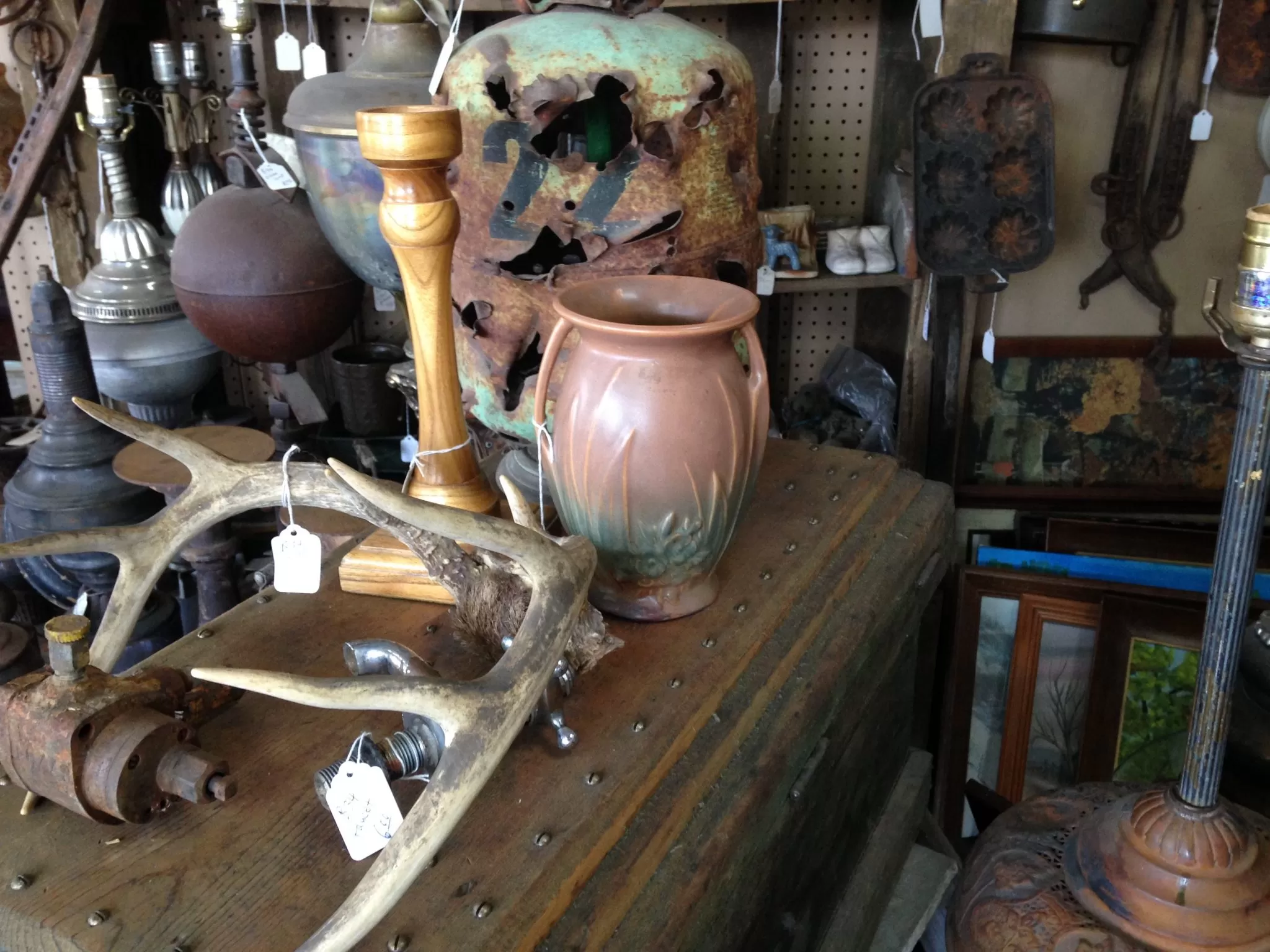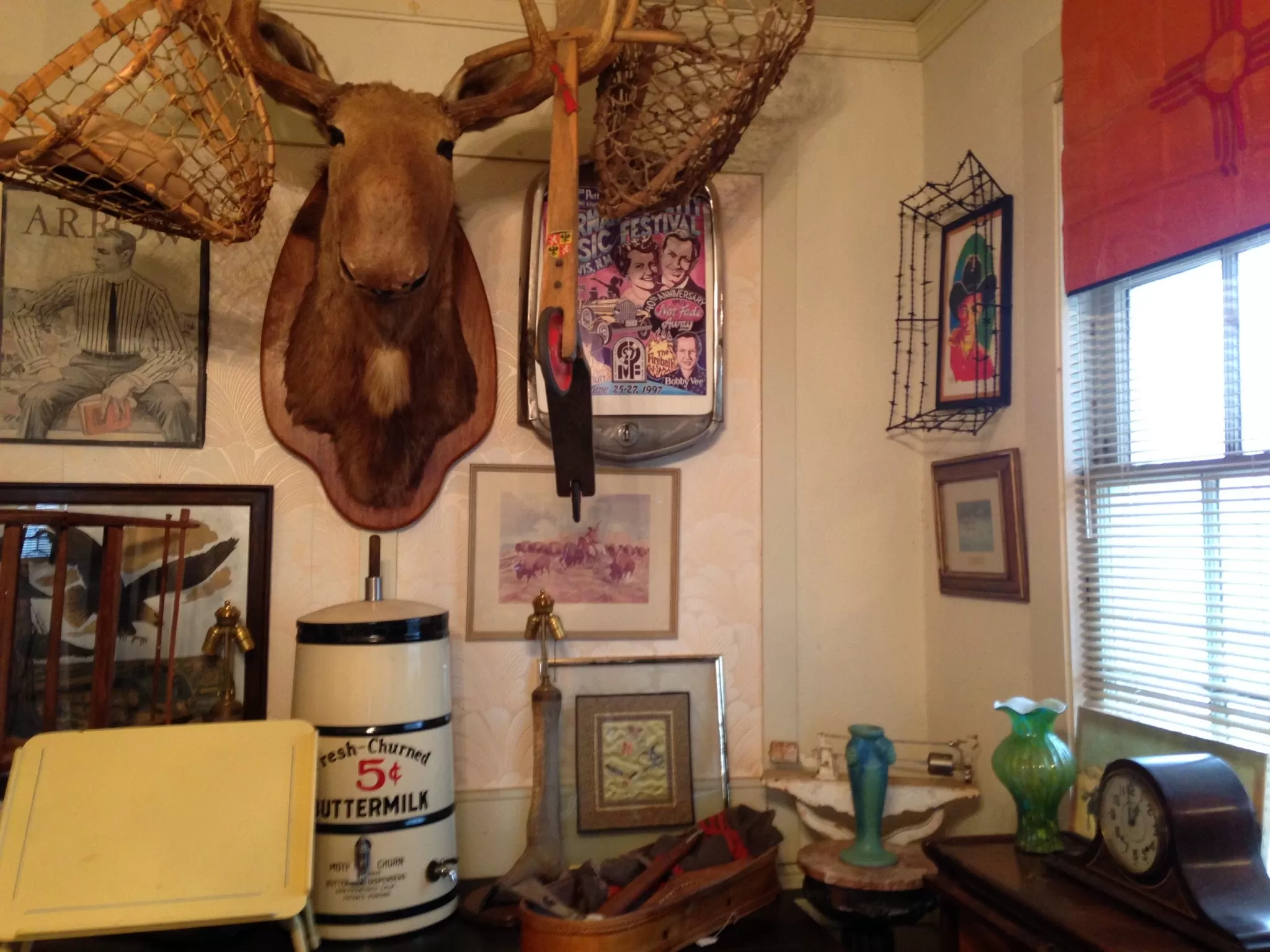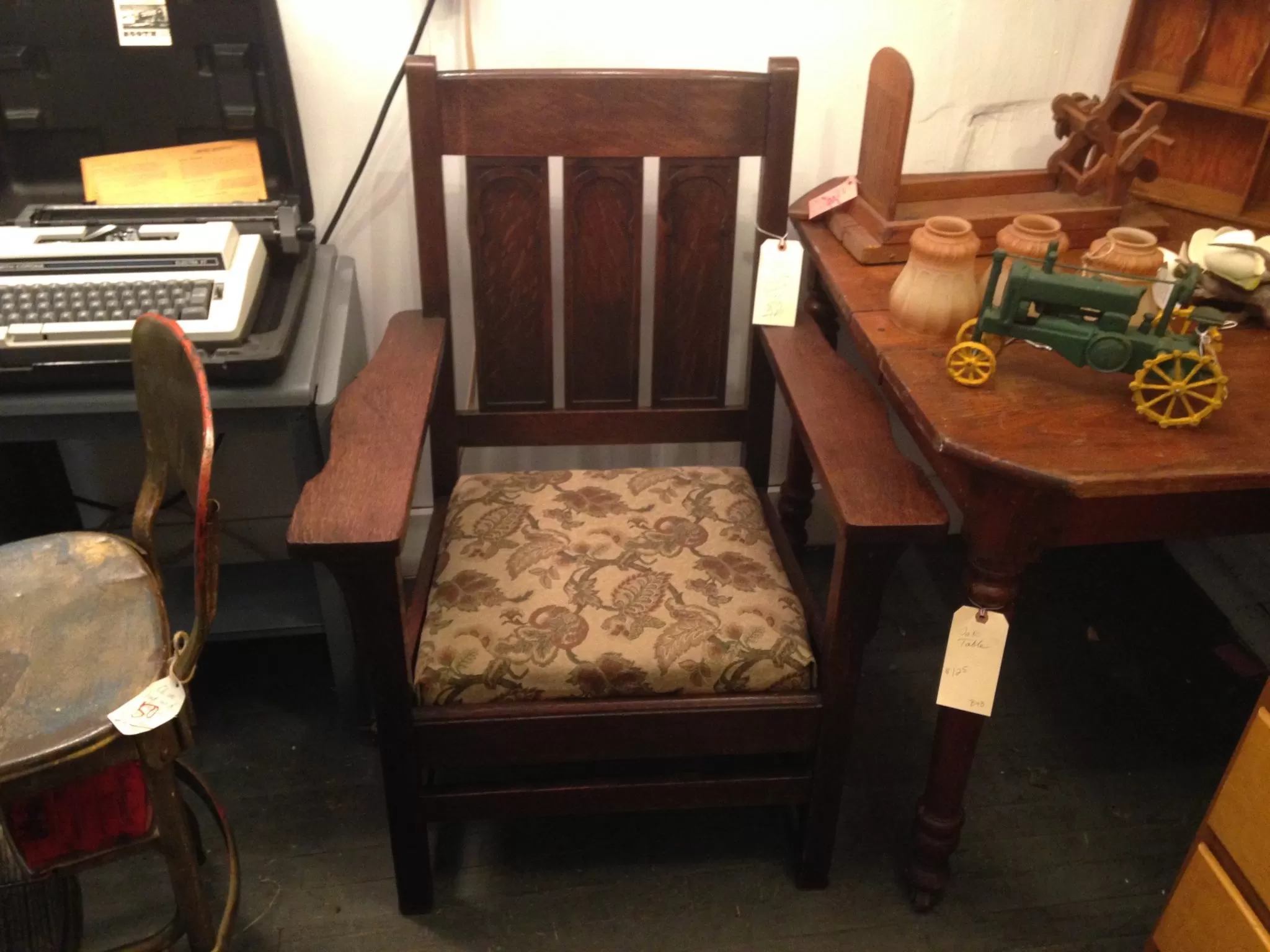How To Get a Deal In Ten Minutes
This article has been re-published. Original date of publication: September 24th, 2017.
Antiques dealers are in the business of selling antiques, but whether a dealer chooses to sell to you – or wait for the next person – may well depend on what you say and how you act. Here are a few tips to getting the piece you want at a price that makes both you and the dealer happy.

- Be courteous.
Treat the dealer like a friend, not an adversary to be defeated. Compliment him on their display, and recognize the amount of time and work which he invests before the shop or show even opens.
- Get the dealer Involved.
While you may well like browsing the entire shop alone, once you have settled on something you want to buy, get the dealer involved. Introduce yourself and ask a few questions. Then, let the dealer tell you all she can about the piece. The more the dealer has invested in you, the more likely she is to want to get something out of the time she has spent with you.

- Don’t be overly critical.
The dealer knows every flaw in any piece he has for sale, whether it be a glaze chip at the bottom or a refinished top, so don’t rub his nose in it. If the dealer omits an obvious flaw, ask a question about it. The dealer obviously likes this piece, otherwise he would not have bought it. Being aggressively critical will only put the dealer on the defensive, meaning she will like the piece that much more – and you that much less.
- Like it, but don’t love it.
Part of being a savvy buyer is being able to walk away from a piece you like. Or at least giving the dealer that impression. If the price is too high for your budget or for the condition of the piece, look elsewhere. But if this is the exact thing you have been looking for, restrain yourself from doing backflips until you and the dealer have settled on the price.

- Ask, don’t demand.
If the price is higher than you think the piece is worth, simply ask the dealer if she can do better. Announcing something to the effect of, “I can only pay three hundred and fifty,” paints yourself into a corner. And remember, if you make an offer and the dealer accepts it, you have bought the item. You should not then say, “Let me think about it.”
- Cash still counts.
No merchant wants to mess with a bad check, and dealers have learned how quickly credit card fees accumulate, especially on big ticket items, so when you go shopping, carry cash. Then, if your negotiations stall, you can play the cash card – and you both win.

And afterwards, drop the dealer a line letting her know how much you are enjoying the piece, and how much you appreciate her assistance in adding it to your home. Let her know, too, what other pieces you might be looking for in the future, as she might well continue to offer you discounts based on how pleasant you have been to work with.
“Our biggest regrets have been the pieces we didn’t buy.”
by Bruce Johnson
